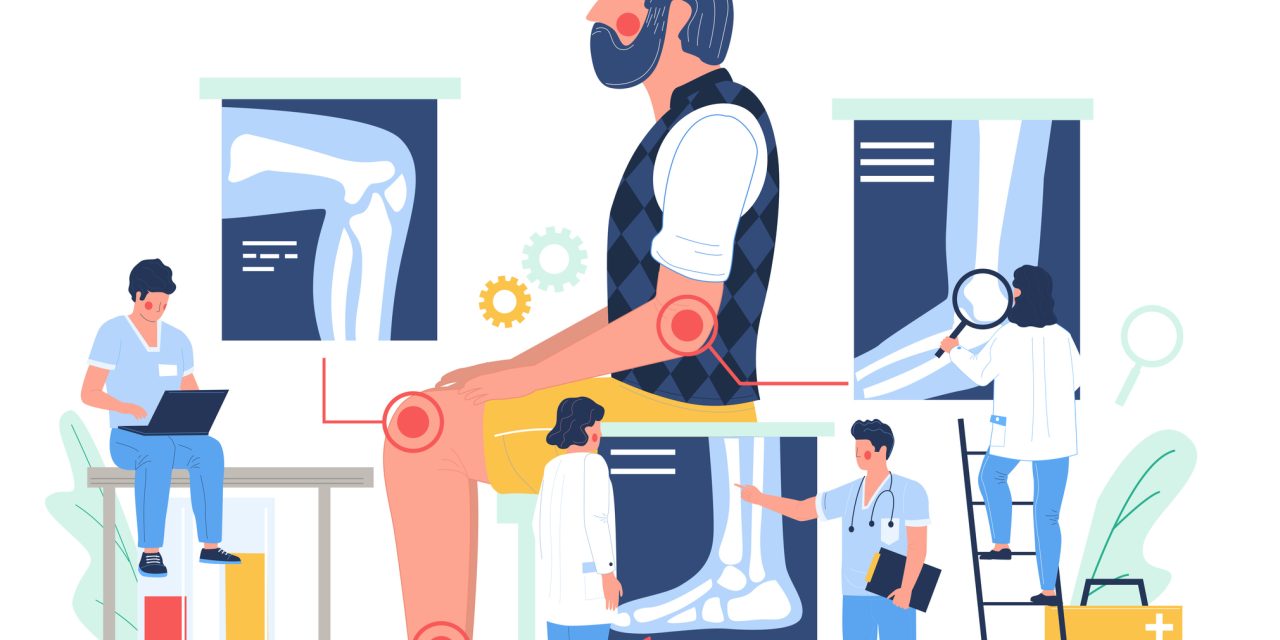A fully-automated deep learning algorithm matched performance of radiologists in assessment of knee osteoarthritis severity in radiographs using the Kellgren-Lawrence grading system.
To develop an automated deep learning-based algorithm that jointly uses Posterior-Anterior (PA) and Lateral (LAT) views of knee radiographs to assess knee osteoarthritis severity according to the Kellgren-Lawrence grading system.
We used a dataset of 9739 exams from 2802 patients from Multicenter Osteoarthritis Study (MOST). The dataset was divided into a training set of 2040 patients, a validation set of 259 patients and a test set of 503 patients. A novel deep learning-based method was utilized for assessment of knee OA in two steps: (1) localization of knee joints in the images, (2) classification according to the KL grading system. Our method used both PA and LAT views as the input to the model. The scores generated by the algorithm were compared to the grades provided in the MOST dataset for the entire test set as well as grades provided by 5 radiologists at our institution for a subset of the test set.
The model obtained a multi-class accuracy of 71.90% on the entire test set when compared to the ratings provided in the MOST dataset. The quadratic weighted Kappa coefficient for this set was 0.9066. The average quadratic weighted Kappa between all pairs of radiologists from our institution who took part in the study was 0.748. The average quadratic-weighted Kappa between the algorithm and the radiologists at our institution was 0.769.
The proposed model performed demonstrated equivalency of KL classification to MSK radiologists, but clearly superior reproducibility. Our model also agreed with radiologists at our institution to the same extent as the radiologists with each other. The algorithm could be used to provide reproducible assessment of knee osteoarthritis severity.
Copyright © 2021 Elsevier Ltd. All rights reserved.
Deep learning-based algorithm for assessment of knee osteoarthritis severity in radiographs matches performance of radiologists.


